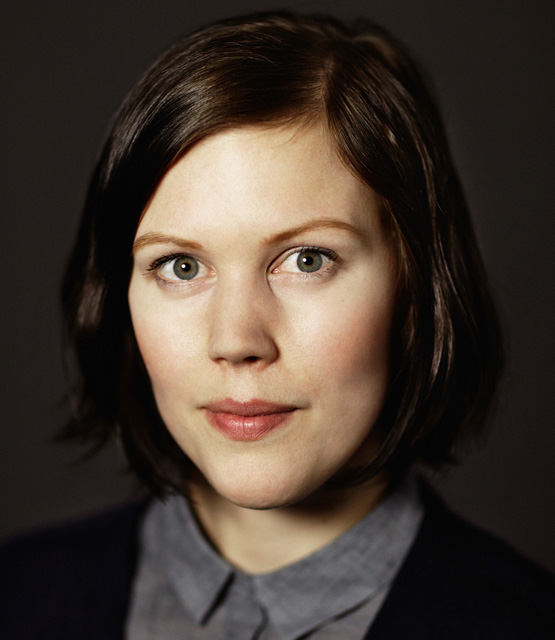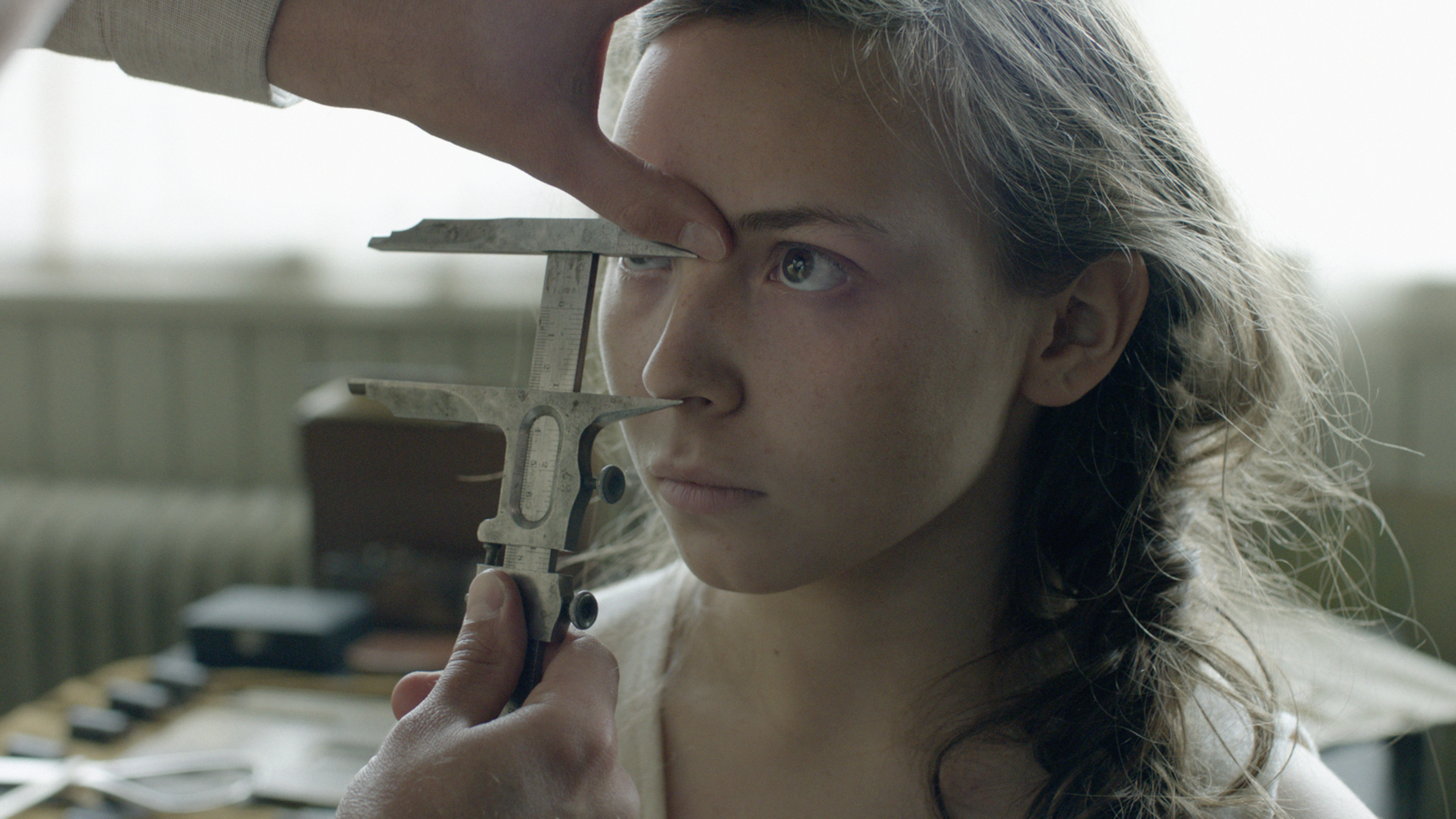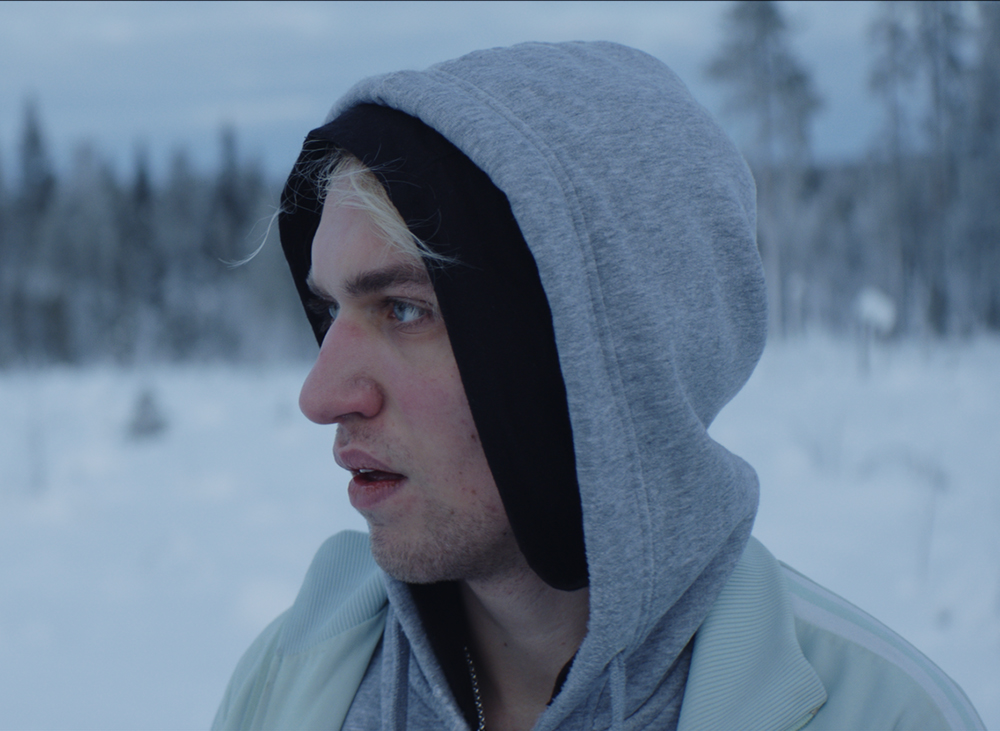Since its world premiere in Venice, Amanda Kernell’s Sami Blood (Sameblod, 2016) has been doing a victory tour around the world, including Toronto, Tokyo, Rotterdam, Gothenburg and now, Berlin.
One particularly important screening was in connection with the 100th anniversary of Sami National Day in Trondheim, Norway, in early February.
The story – based around two Sami sisters who were sent to ‘Nomad school’ in the 1930s – was not only a virtually unknown part of Sweden’s colonial history, it can also easily be related to other issues.
“There has been tremendous interest,” says director Amanda Kernell. “The Danes have made the Samis the ‘forgotten Indians of Scandinavia’, while in Italy they’re relating it to the refugee situation in Europe.”
“But it’s great to receive so many emails with people’s life stories. It seems that anybody with some kind of migration background can relate their own past to the film.”
Sweden’s colonization of Sápmi (Lapland) and the Swedish State Institute for Racial Biology’s cataloguing of its own ‘subpopulation’ is a significant (and disturbing) issue in itself, but when the older sister decides to move south, change her name and turn her back on her little sister and Sami culture, Sami Blood develops into something else.
“What I want to show is that there are individual choices, but that there are still colonial structures in place that affect the decisions we make,” as Amanda Kernell said to this magazine in 2016.
But 2016 hasn’t all been about Sami Blood for Kernell. She also completed the 30-minute short film I Will Always Love You, Conny – a completely different story. Or is it?
In a desolate, ice-cold, snowcovered small village in northern Sweden, young Conny decides to leave his girlfriend Lina – while she’s giving birth to their child. As she’s lying there with labour pains waiting for him to park the car, he puts the Volvo in first gear and leaves.
“I don’t find out-and-out heroes that interesting; more so someone who makes a radical choice or who lets people down, a betrayer,” says Kernell.
“In both Conny and Sami Blood, the camera, and the audience, should be on the betrayer’s side. Who the betrayer is, or what that betrayal is, is open to discussion. In Sami Blood I’m not sure myself, but in Conny’s case it’s more about a straightforward betrayal or let-down – and thereby more about forgiveness and reconciliation.”
Conny drives around like a lost soul in his car, between closed doors and closed-down industries; he struggles with his chosen alienation, and the question in the film becomes: What kind of betrayal can be forgiven?
”And what does it take? Should the betrayer be punished first, and if so, how much and for how long? Or are people big enough to forgive without punishment? In situations of feeling powerless, the only means of power is to not forgive at all.”
In this film too, nature has a role to play. Contrasts between the crunchy sound of cold snow and the crackling from an open fire, between magnificent snow-white views and close-up portraits. Kernell wants to use nature to emphasize a character’s internal state and external resistance, she says; “nature that isn’t a picture postcard”.
“You can spend all day talking about how your films are made, but the best discussions of all are about what they actually deal with – in the long run they’re the conversations that mean the most,” Amanda Kernell concludes.
Previously published: Swedish Film 2017 # 1


